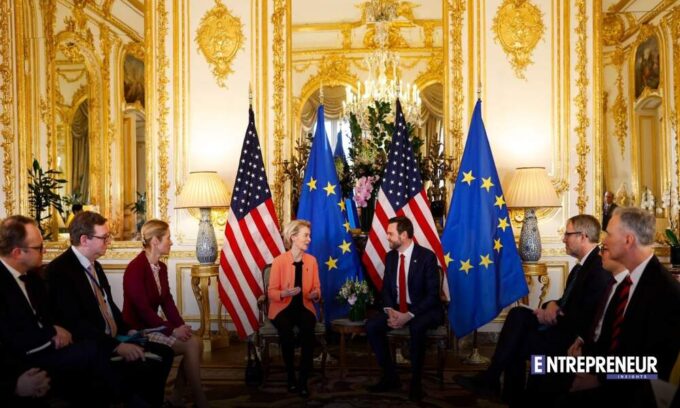Donald Trump’s latest confrontation with the Federal Reserve has escalated into an unprecedented showdown. The U.S. President announced his decision to remove Federal Reserve Governor Lisa Cook from her post, sparking debate over presidential authority and central bank independence.
The announcement came with Trump claiming there was “sufficient reason” to question Cook’s credibility. According to the president, allegations of false statements related to mortgage agreements provided grounds for her removal. He argued that constitutional powers gave him authority to act against Cook, a move that has set the financial and political community abuzz.
Cook swiftly countered the decision, stating that the president has no legal power to dismiss her from the Federal Reserve’s Board of Governors. She emphasized that she has no intention of stepping down, leaving the situation at a deadlock that could potentially head to court.
This standoff has raised significant concerns about the independence of the central bank, a principle that has guided U.S. monetary policy for decades. Trump’s direct challenge to the Fed comes at a time when he has been openly pressuring the institution to adopt more aggressive rate cuts to boost economic growth.
A Historic Clash Between the White House and the Federal Reserve
The move is highly unusual. Historically, Federal Reserve governors serve fixed terms and cannot be removed by the president without clear legal grounds. Trump’s insistence on Cook’s dismissal has therefore broken new ground in presidential-Fed relations.
Observers point out that Trump has regularly expressed disappointment with Fed Chair Jerome Powell, accusing him of failing to decrease interest rates quickly enough to achieve the administration’s economic goals. By targeting Cook, Trump has demonstrated his readiness to question the central bank’s overall structure, not just its executive direction.
Financial analysts warn that such actions could undermine global confidence in the Federal Reserve. Markets view the Fed’s independence as essential to maintaining stability, and any perception of political interference risks damaging credibility with international investors.
Implications for U.S. Economic Policy
The controversy over Lisa Cook’s removal also brings attention to the broader question of checks and balances in financial governance. If Trump’s interpretation of his authority is upheld, future presidents may attempt similar interventions, potentially reshaping the relationship between the White House and the Fed.
Meanwhile, Cook’s refusal to resign ensures a legal and political battle ahead. The courts may ultimately have to decide whether the president has overstepped his constitutional limits, making this case a potential landmark in U.S. economic history.
For now, the clash adds to the atmosphere of uncertainty surrounding U.S. monetary policy. With interest rate decisions already under heavy scrutiny, the future of the Federal Reserve’s independence may hang in the balance.
This unique tension highlights the weakness of the long-standing split between politics and central banking, which Donald Trump looks more motivated than ever to disrupt.
Read exclusive interview with – Dr. Dawn Menge















Leave a comment